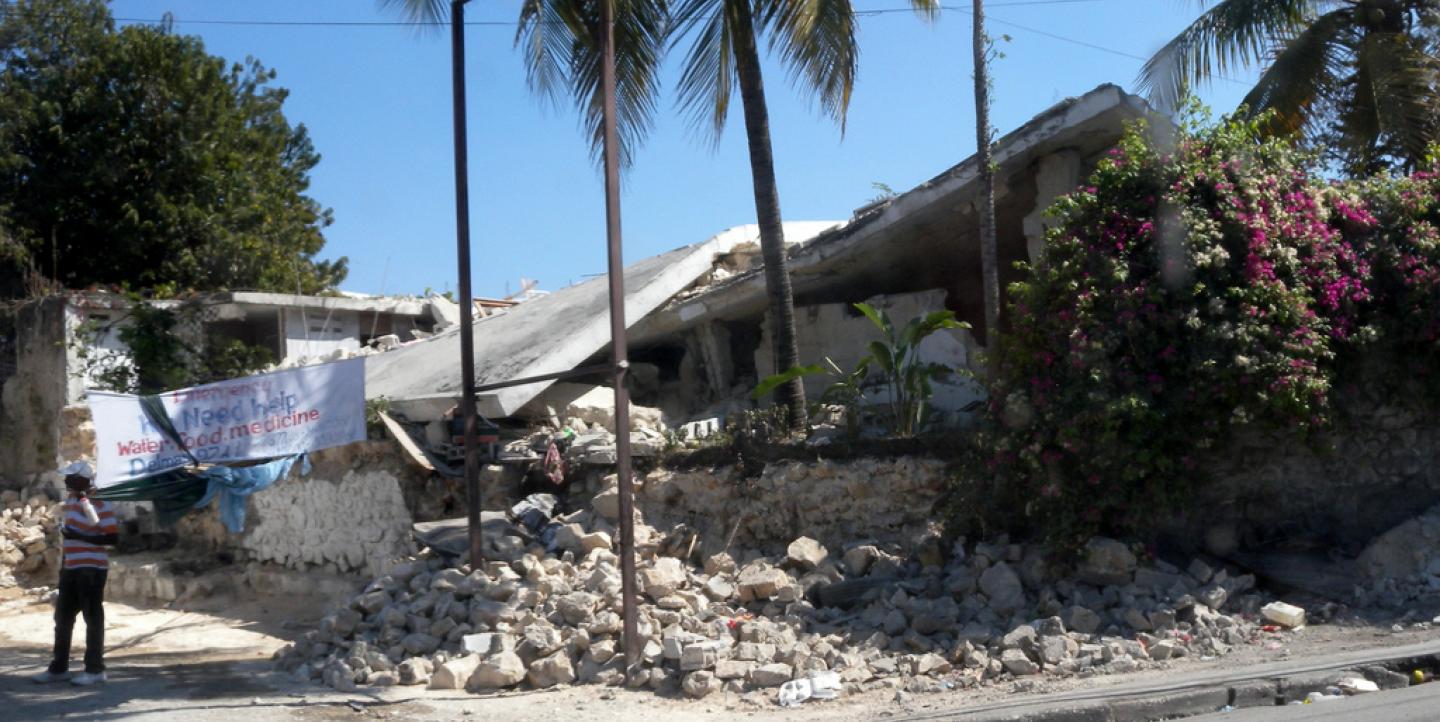Covering traumatic events such as the earthquake in Japan and tsunami can affect journalists in the field and in the newsroom.
It can be important and deeply rewarding to cover these events — but it can also personally affect journalists, says Heather Forbes, national manager, staff development, for the Australian Broadcasting Corporation's (ABC) news division.
It's essential for journalists, whether they're covering the event in person, editing the coverage from a newsroom, or managing those who are producing the coverage, to prepare for the emotional toll these events take.
Understanding the effects of trauma makes for healthier journalism and healthier journalists, she says. She offered these reminders and tips in a Webinar at Poynter's NewsU, “Trauma Awareness: What Every Journalist Needs to Know.”
Risk factors for trauma include exposure to a greater number of traumatic assignments; time in field covering the event; personal trauma; low perceived social support.
Trauma reactions are normal human responses. Usually they pass after four weeks, and the first week or two are the most difficult.
Reaction to trauma can take several forms: sleeplessness, intrusive images of the event, anger, being easily startled, self-medicating with drugs and alcohol, and numbing/isolation/loss of empathy.
To read more, click here.
Photo by waterdotorg, Creative Commons Attribution License

